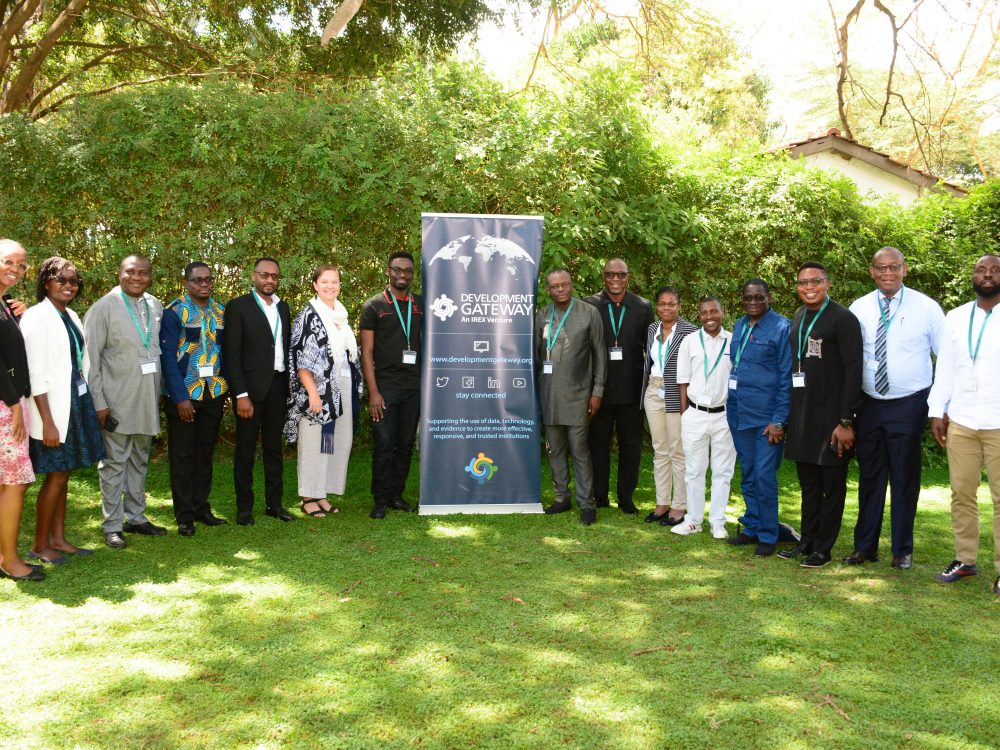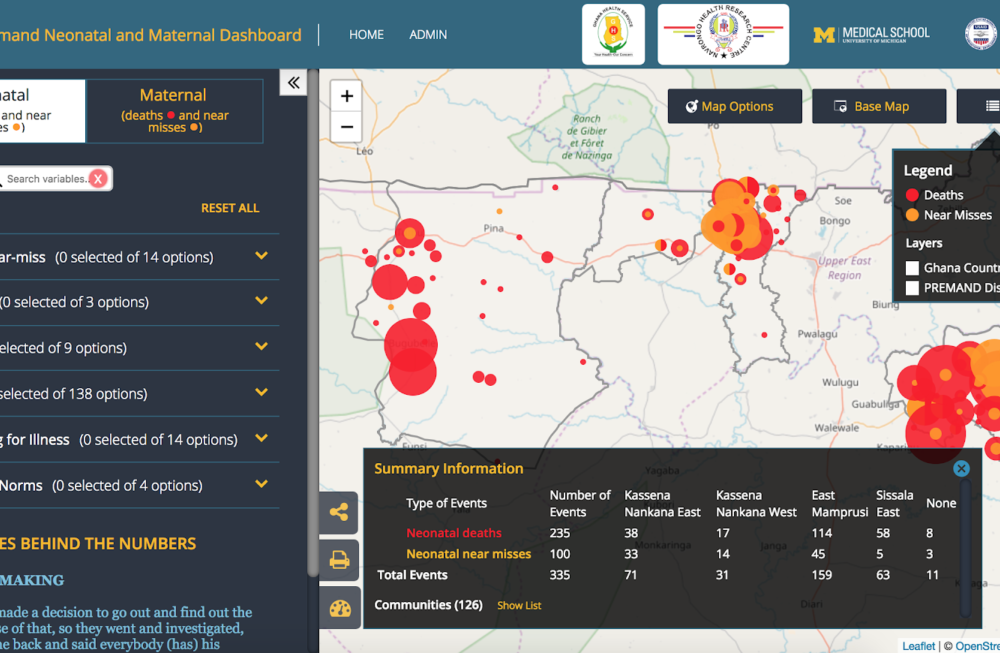
Surfacing Valuable Information
How do policymakers, local leaders, or community members make decisions when public health data is unreliable, difficult to use, or nonexistent? DG works to fill these gaps by building systems that present data for easy analysis and resource allocation. Developed through collaborative processes, DG’s health data visualization tools focus on the most vulnerable – women, children, adolescents, and newborns – to help advocates and decision-makers identify where interventions and investments can make the greatest impact.
Highlights

The Tobacco Control Data Initiative (TCDI)
The Tobacco Control Data Initiative (TCDI) was launched in 2019 and is implemented by Development Gateway: An IREX Venture, in partnership with the University of Cape Town’s Research Unit on the Economics of Excisable Products and funded by a grant from the Bill and Melinda Gates Foundation. TCDI aims to supply governments, civil society, and academia with improved access to country-specific data that will inform better tobacco control policy design and implementation. The program has built national websites that present data from different sources, including primary data collected through TCDI and existing secondary data made publicly available and papers published in peer-reviewed journals.

Data on Youth and Tobacco in Africa (DaYTA)
Through our Data on Youth and Tobacco in Africa (DaYTA) program, DG seeks to advance tobacco control efforts by gathering accurate data on tobacco use among 10- to 17-year-olds in Kenya, Nigeria, and the DRC. In collaboration with partners in governments, civil society, and academia, the DaYTA program will empower decision-makers to make timely, data-driven policies that, in turn, can lead to a healthier populace.

PREMAND: Preventing Maternal and Neonatal Deaths in Northern Ghana
The PREMAND dashboard highlights interactions of social, cultural, and geographic factors in contributing to maternal and neonatal health outcomes. The flexible tool serves a range of users: from district health policymakers to local community leaders. It translates highly technical research data into an easily-understandable map, to make this information approachable and usable by decision-makers at all levels.
Read the Latest

Data on Youth and Tobacco in Africa Program Enters Phase II
The Data on Youth and Tobacco in Africa (DaYTA) program is launching its second phase, expanding to five additional countries. This blog highlights DaYTA’s objectives, innovative approach, and the key activities driving impact in adolescent tobacco control measures.

From Standardization to Specificity: Localizing Multi-Country Research
Multi-country research must balance consistency with local realities. While standardization allows reliable comparisons and generalizable insights, local context shapes outcomes. This blog explores how programs can strike that balance effectively.

Harnessing the Power of Data: Tackling Tobacco Industry Influence in Africa
Reliable, accessible data is essential for effective tobacco control, enabling policymakers to implement stronger, evidence-based responses to evolving industry tactics and public health challenges. This blog explores how Tobacco Industry strategies hinder effective Tobacco control in Africa, and highlights how stakeholders are harnessing TCDI Data to counter industry interference.